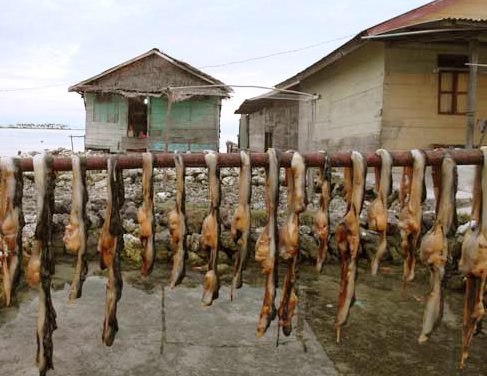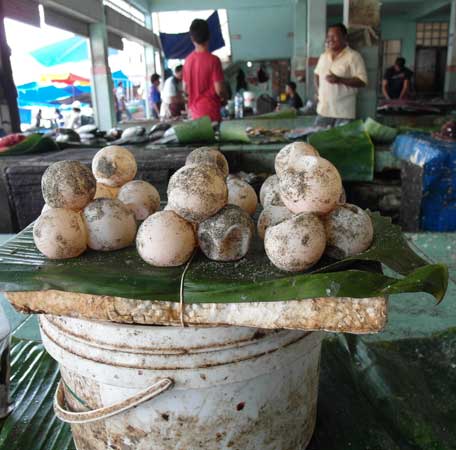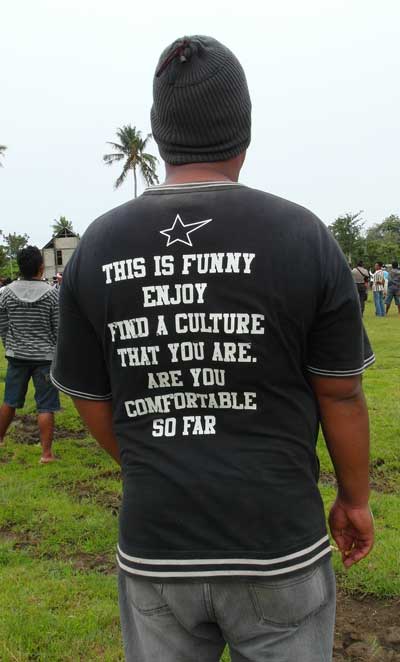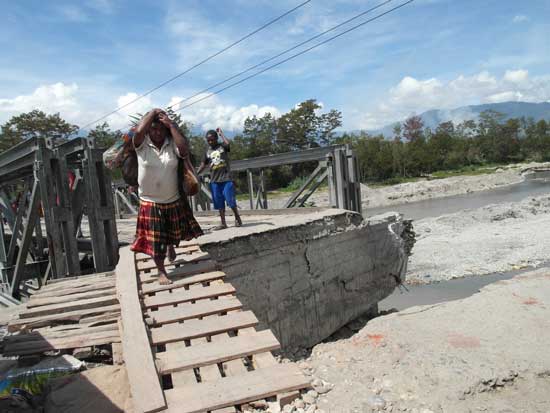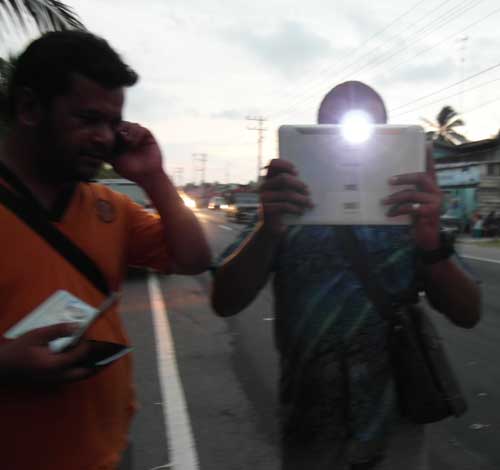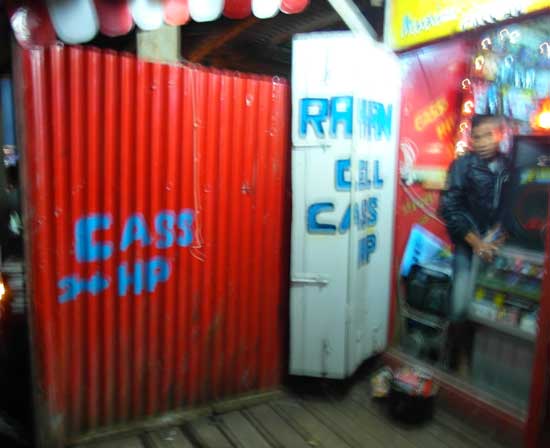
Wednesday was a sad day for Indonesia. and for me. It marked the death of Endang Sedyaningsih, who encompassed what is best in the women in this great country: courage, determination, integrity, compassion and humility. It is a rare combination at the best of times; in the Indonesian cabinet, where Endang held the position of Minister of Health, these qualities are nothing short of exceptional.
In my last post, I was pretty rude about Indonesian doctors. Endang counts among the “several smart friends who were once great doctors”. Unlike many ministers in Indonesia, she knew her territory inside out. For three years, she worked as head of a rural health centre in Nusa Tengarra Timur, the poorest province in Indonesia. She gave up doctoring in favour of public health and research, a choice that I predictably enough applaud, not least because a lot of her research was among sex workers and other marginalised groups. Indeed her thesis at Harvard centred on the lives of the women who sold sex in Kramat Tunggak, Jakarta’s largest red light district. She argued for improving health services for the women that worked there. Jakarta Governor Sutiyoso, seeking to burnish his credentials with Moslem voters, responded by bulldozing the area and building a gopping mosque and Islamic centre in its place. When Kramat Tunggat was closed in 1999, HIV prevalence among brothel and street-based sex workers in north Jakarta was 0.4 percent. Since the rise of the mosque and the dispersion of the sex trade, it has risen to 10.5 percent.
Endang was fearless both physically (not many of my colleagues were prepared, as she was, to brave the Jakarta traffic on the back of my motorbike…) and politically. During the reign of her controversial predecessor, Siti Fadilah Supari, Endang had to put up with a lot of flack because the national health research institute she headed cooperated closely with foreign researchers in trying to develop vaccines against bird flu, which has a higher case fatality rate in Indonesia than in any other country. For Siti, this cooperation amounted to collaboration with the enemy. Her book “It’s Time for the World to Change! God’s Hand Behind the Bird Flu Virus” is actually more about the hand of the CIA behind the virus – a mish-mash of conspiracy theories which were such an embarrassment to the Indonesian government that the book was eventually pulled from bookshops.
Leading the research programme for the Ministry of Health, Endang kept her head down and got on with her work. In her eyes, finding a vaccine that could protect millions of her fellow countrymen from a strain of flu that killed eight out of 10 of those infected was more important than whipping up populist anti-Americanism to score cheap political wins. When she was appointed health minister in Indonesian president Susilo Bambang Yuduhyono’s second cabinet, the press showered her with nonsense about being a CIA plant. Again, she kept her head down and got on with her work, trying especially to improve services in the far-flung corners of the nation so often overlooked by those trapped in the political spider’s web of Jakarta.
Endang was an Indonesian nationalist in the truest sense of the word: not a knee-jerk Xenophobe, but someone who consolidated learning, skills and relationships acquired around the world and used them in the service of the men, women and transgenders of the Indonesia she loved so much. I am angry that she was taken from us by lung cancer at the age of only 57, but am proud to have called her a friend.
